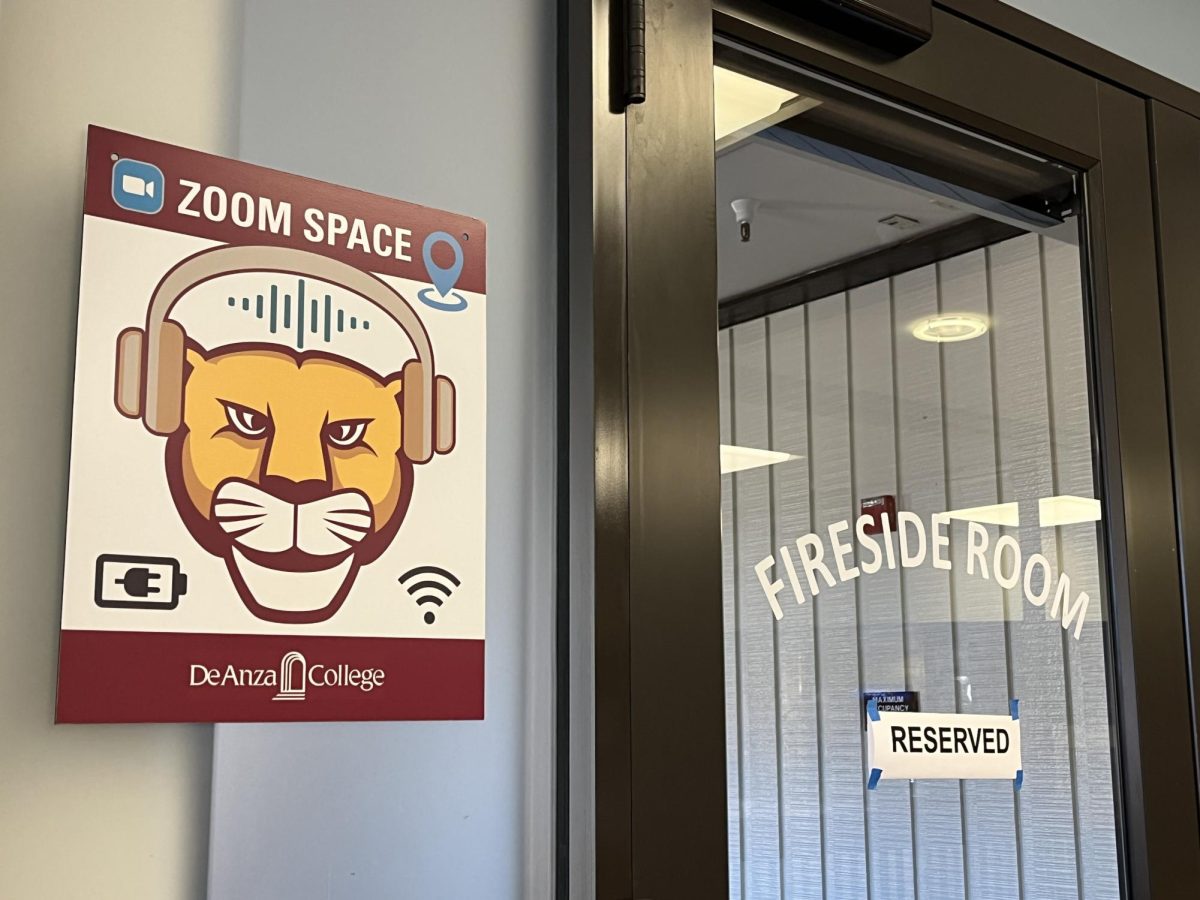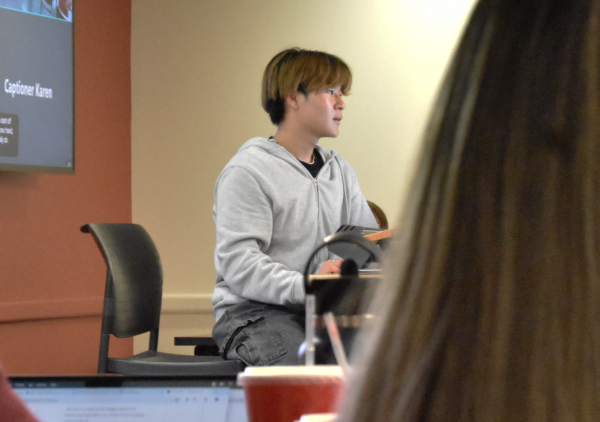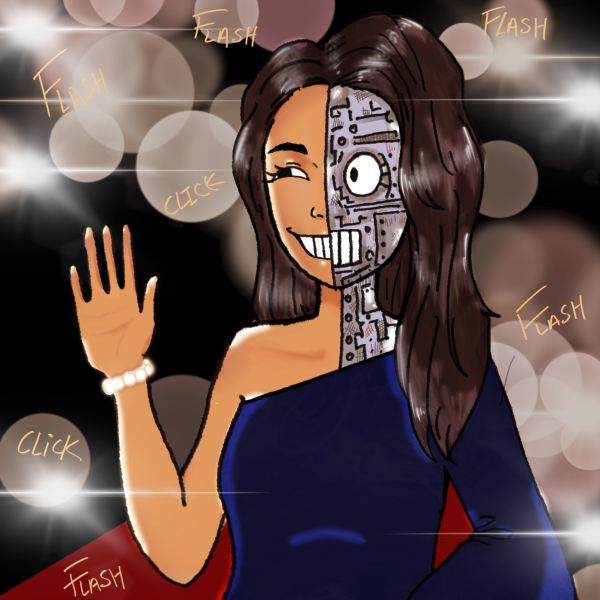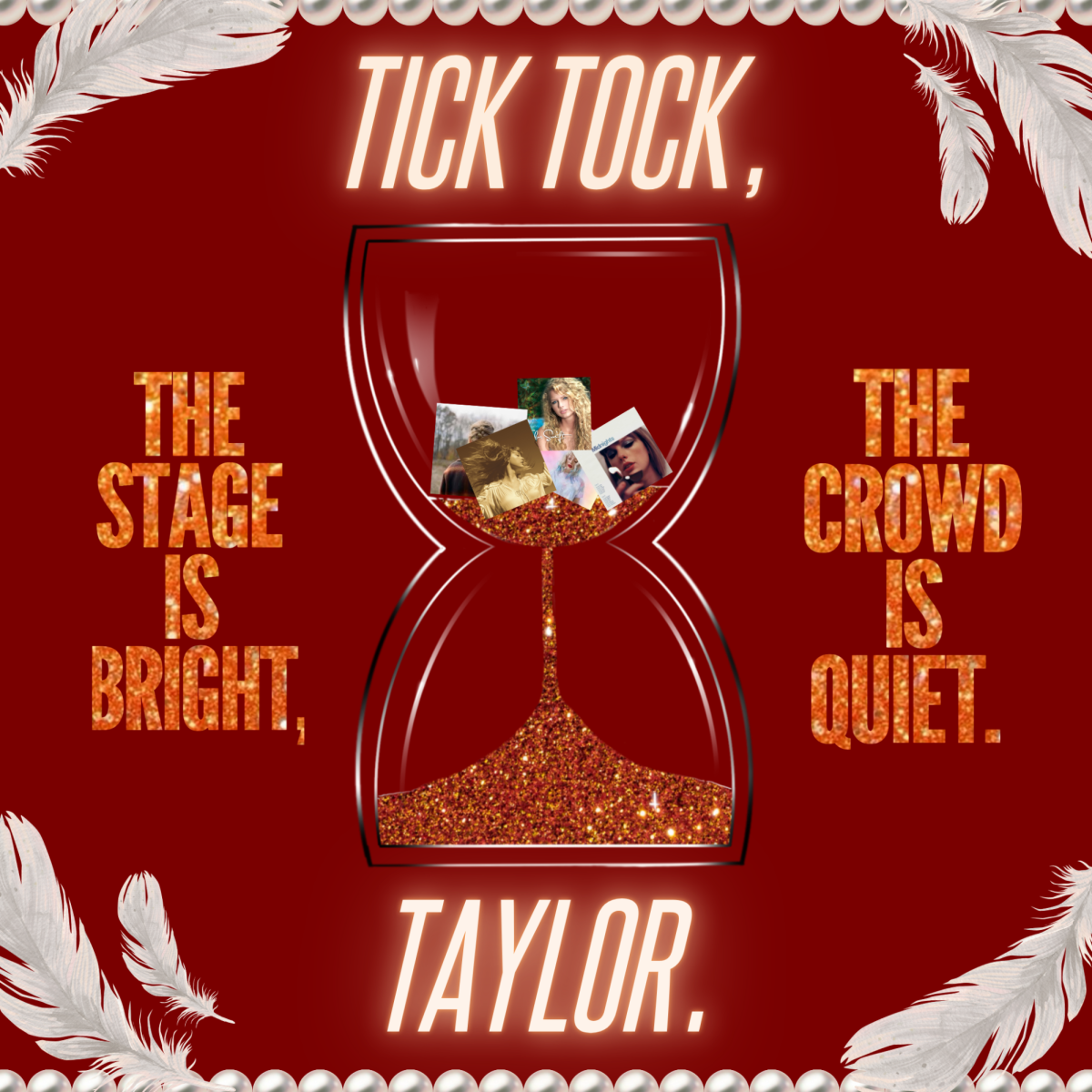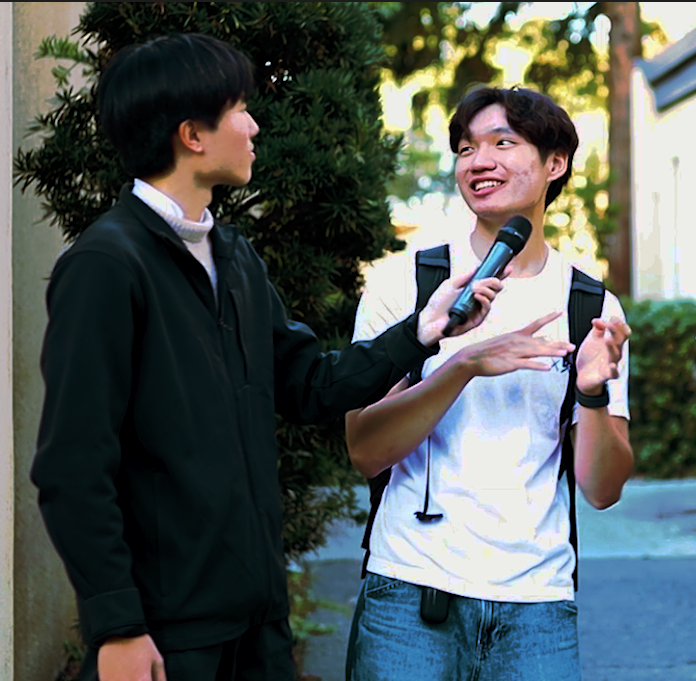Editorial: Charlie Hebdo
January 20, 2015
The Jan. 7 attack on French satirical newspaper Charlie Hebdo that left
12 dead, including 10 staff members and two police officers, sparked global debates over freedom of expression and freedom of speech. La Voz editors discussed whether or not they would publish the divisive cartoon in La Voz based on the La Voz mission statement and the Society of Professional Journalists’ code of ethics. Here are the cases for and against.
For: Freedom of expression means the freedom to express any political and cultural view. Since La Voz is a First Amendment publication, the editors support this principle which is at the foundation of democracy and choosing not to run the Charlie Hebdo cover depicting Muhammad would be cowardly. La Voz is meant to represent all views on the De Anza College campus, so the failure to run the cover would deny that these views exist and deny a potentially helpful dialogue regarding religious tensions between groups. The Society of Professional Journalists code of ethics says, “Journalists should support the open and civil exchange of views, even views they find repugnant.” The popularity of ideas should not influence whether or not a view is expressed in La Voz, because to shy away from an unpopular idea or promote a popular idea doesn’t reflect the wide array of views De Anza students have. Another key point made by the code of ethics is the journalist’s responsibility to “boldly tell the story of the diversity and magnitude of the human experience.” At times the human experience includes unpopular views and discrimination: thus, to represent the human experience properly, La Voz must report on all aspects of it.
Against: The publishing of the Charlie Hebdo cover would do more damage than good for La Voz as expressed by one of the main staples of the Society of Professional Journalists code of ethics that says, “Ethical journalism treats sources, subjects, colleagues and members of the public as human beings deserving of respect.” The visual depiction of Muhammad, regardless of what light he is portrayed in, denies respect to Islam, which prohibits any visual depiction of religious figures. Although the role of journalism publications is to “support the open civil exchange of views, even views they find repugnant,” the way the Charlie Hebdo cartoonist expressed his view made no attempt to encourage a civil exchange of views. The La Voz mission statement is a list of principles that staff members of La Voz Weekly should operate on including a principle that states, “To show a commitment to diversity by reflecting the cultural traditions, beliefs and views of members of the De Anza community.” The publishing of the Charlie Hebdo cover, even in coverage of news, would be in direct opposition to those students and members of the De Anza community who take offense to visual depictions of Muhammad.
Editor’s bottom line:
If La Voz were to receive the same cartoon Charlie Hebdo ran, I would choose not to run it because it would impose upon the views held by students and staff who forbid visual depictions of Muhammad.
-Editor-in-chief
Jacob Sisneros









